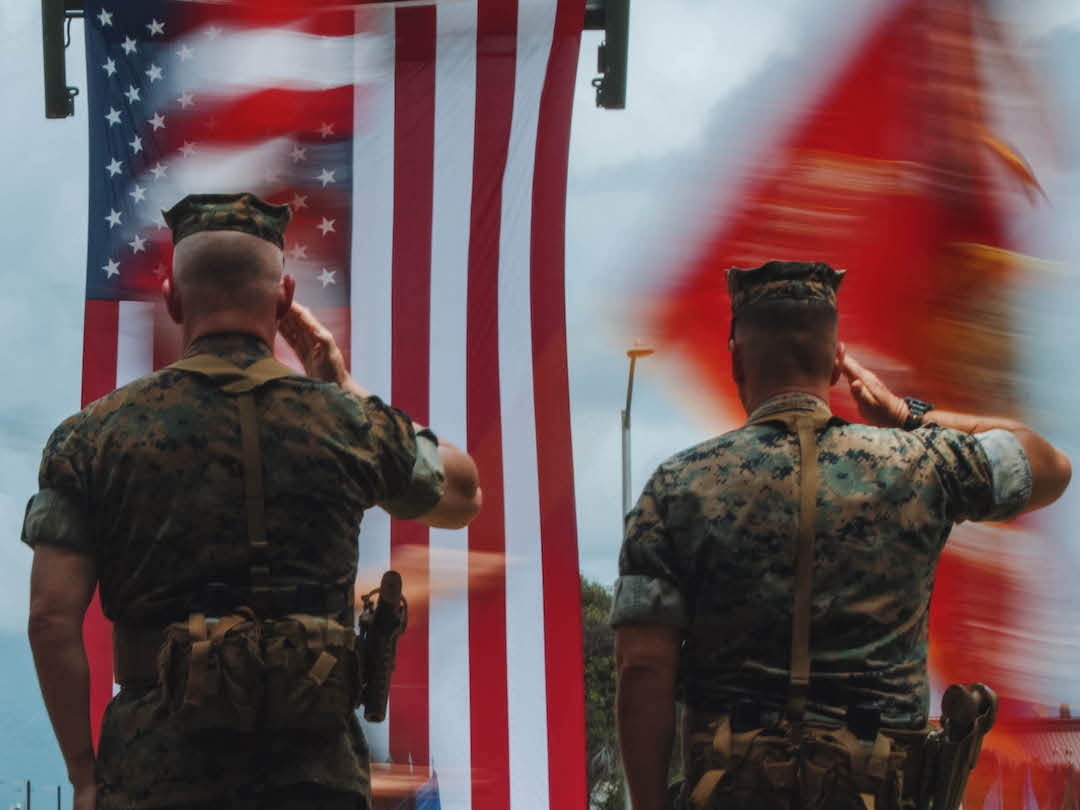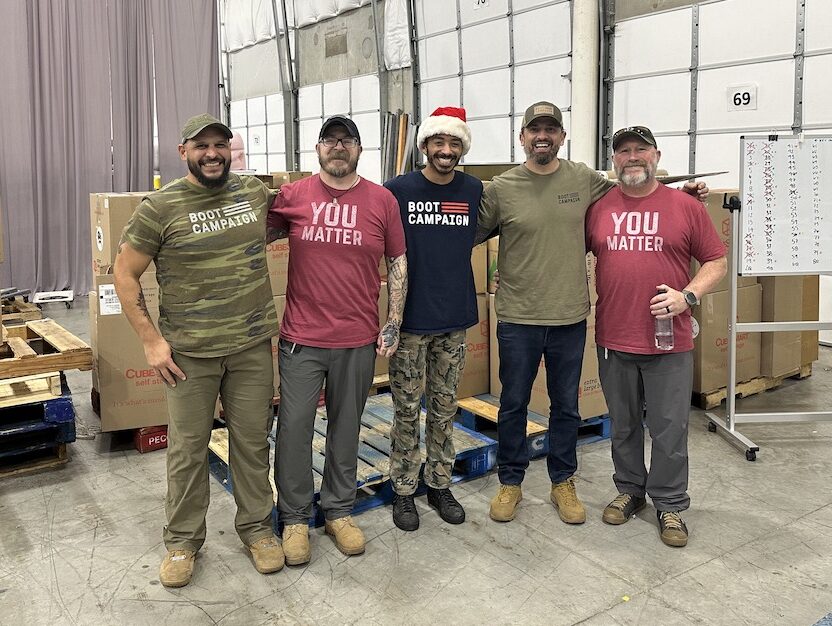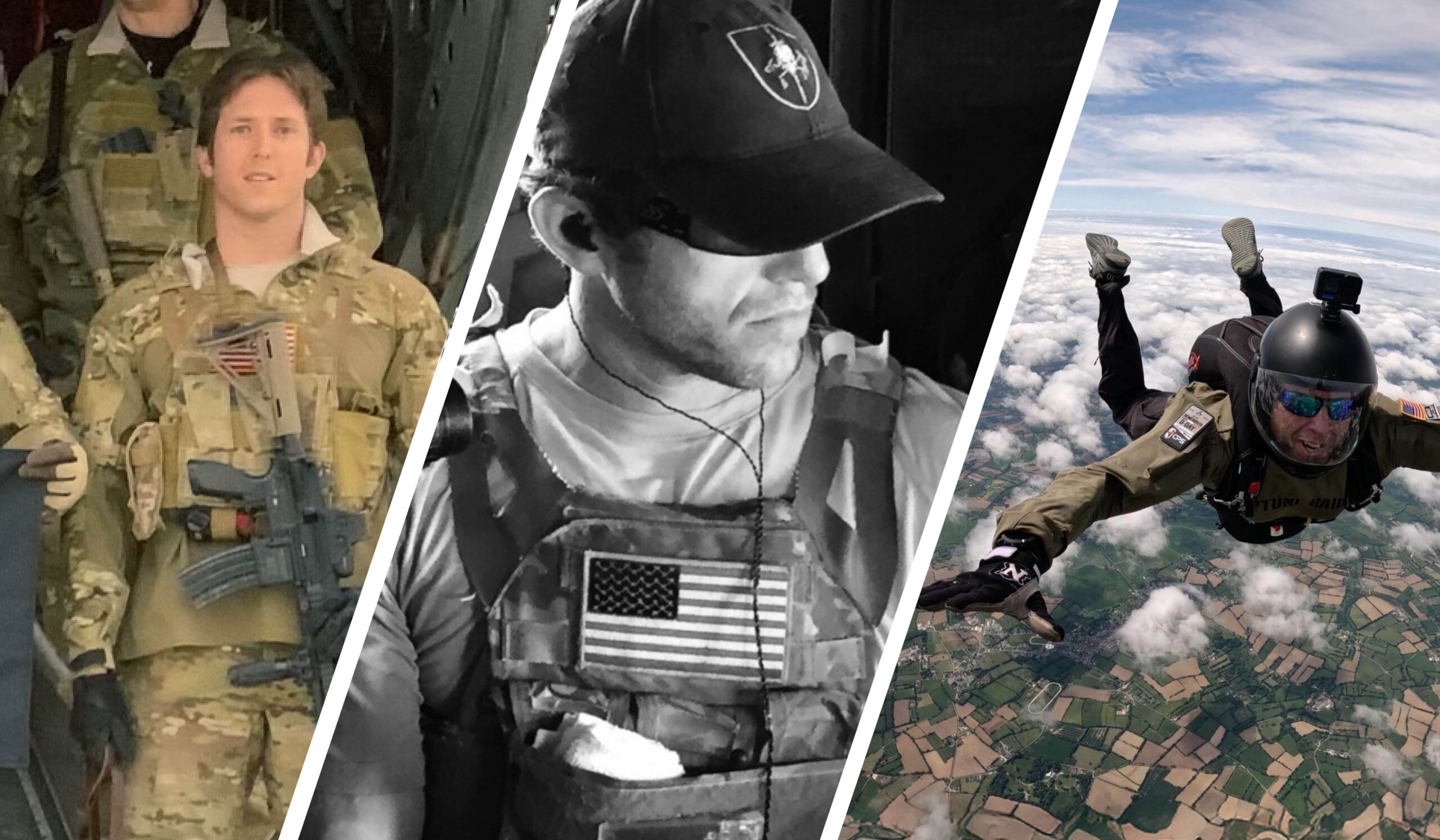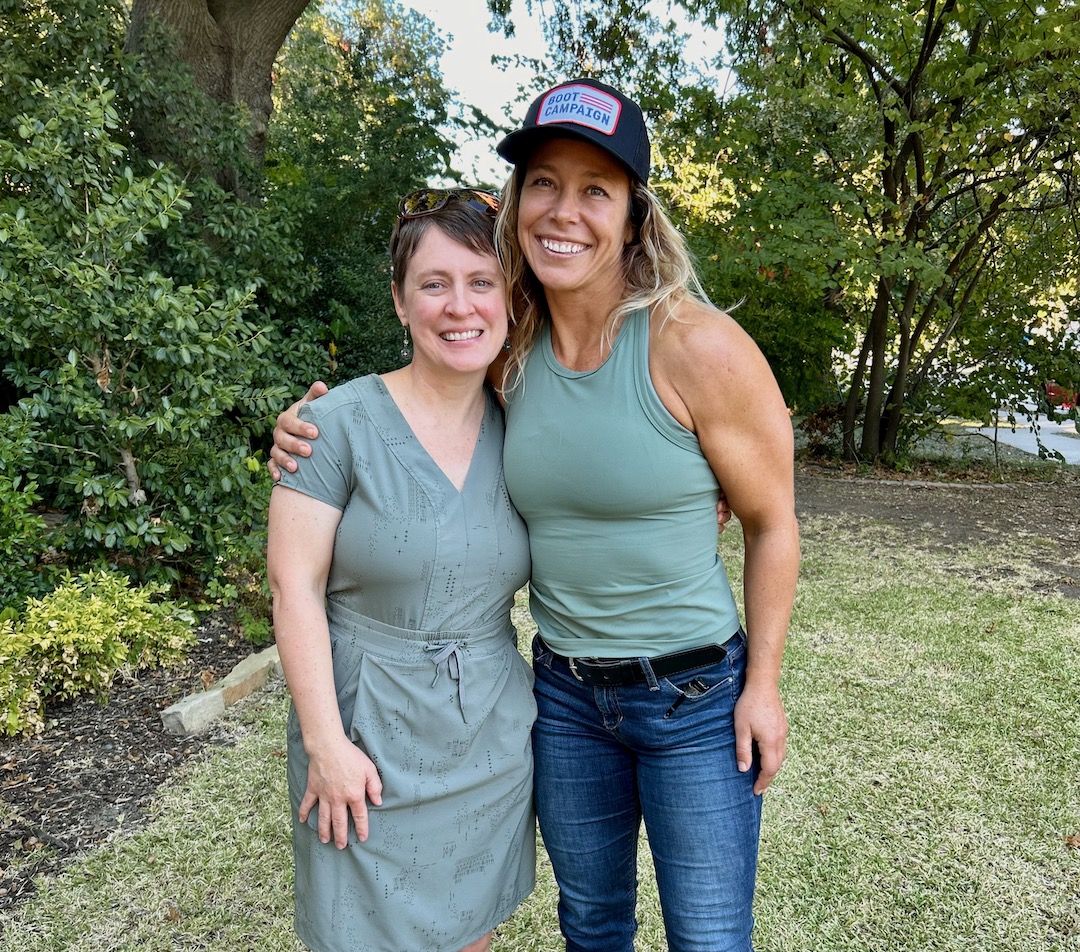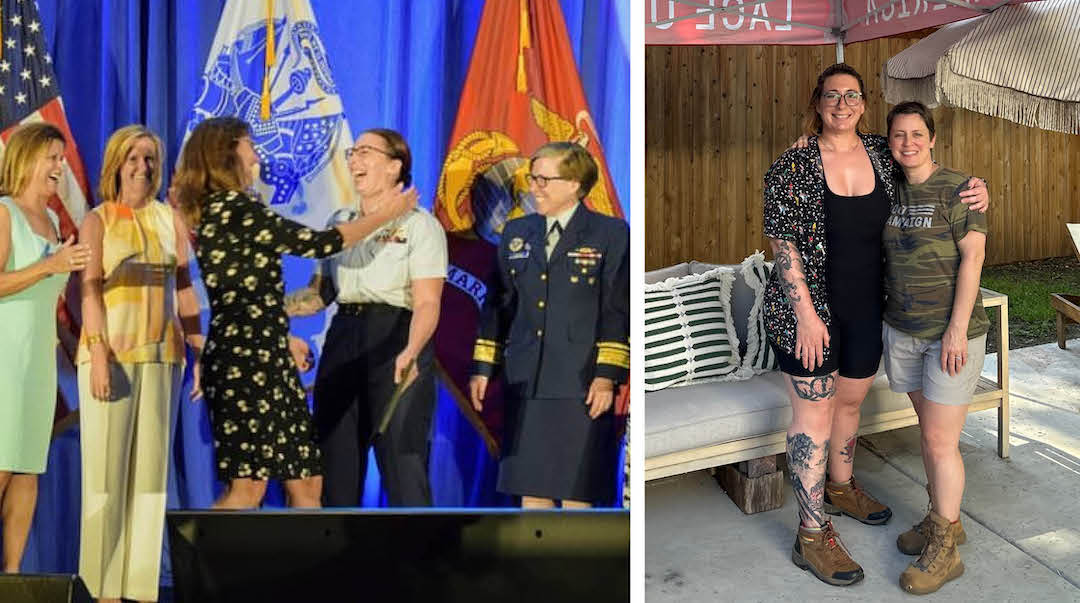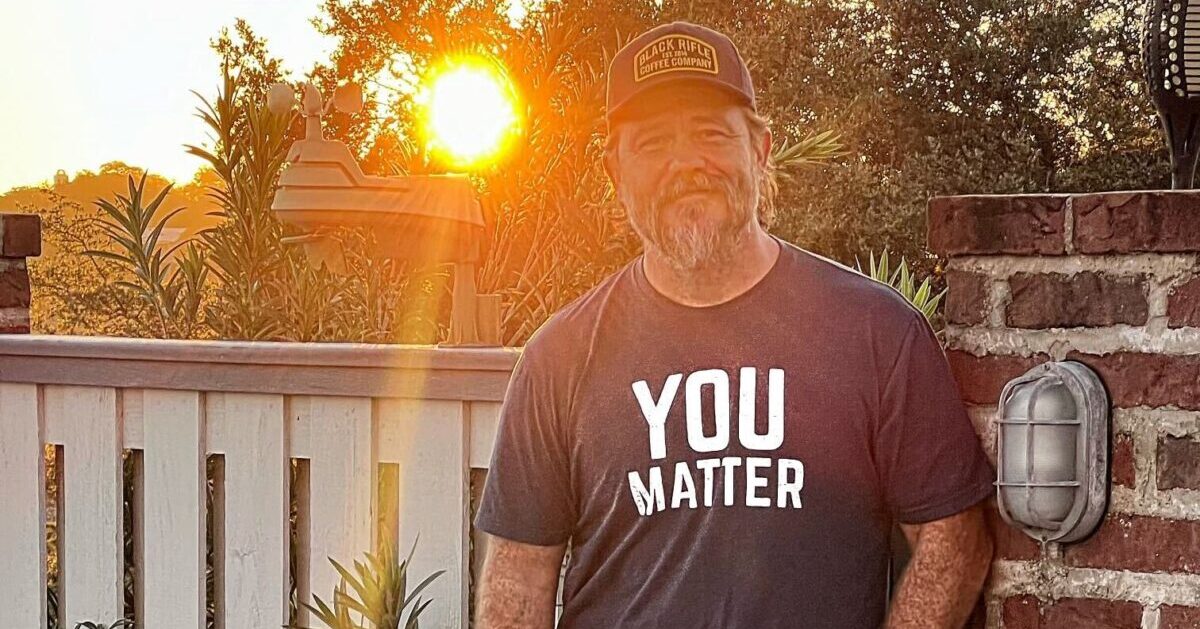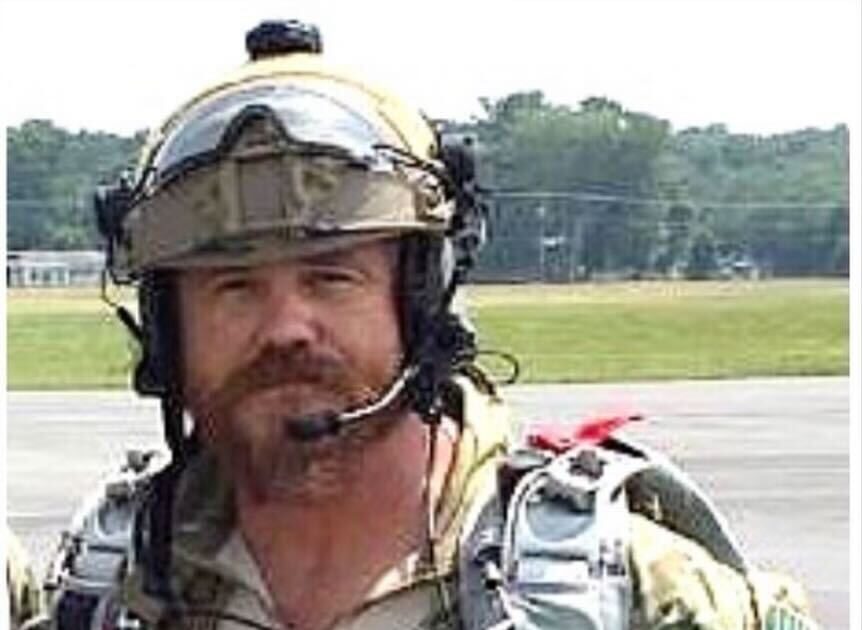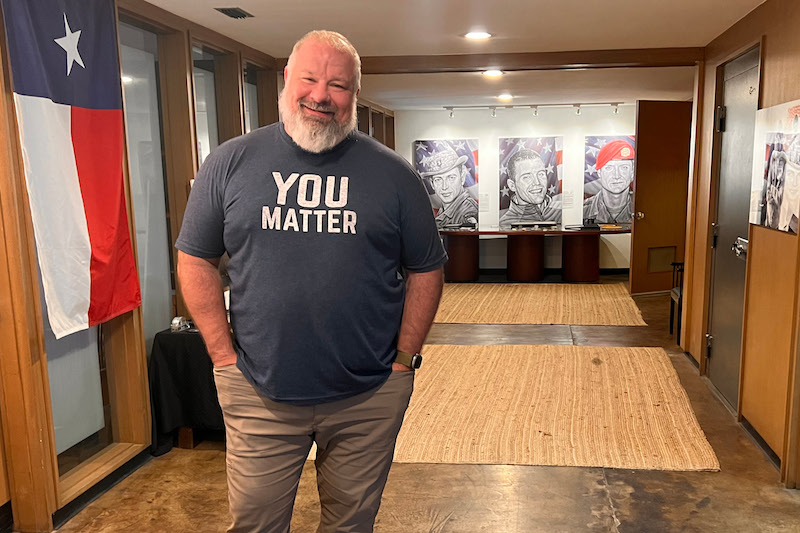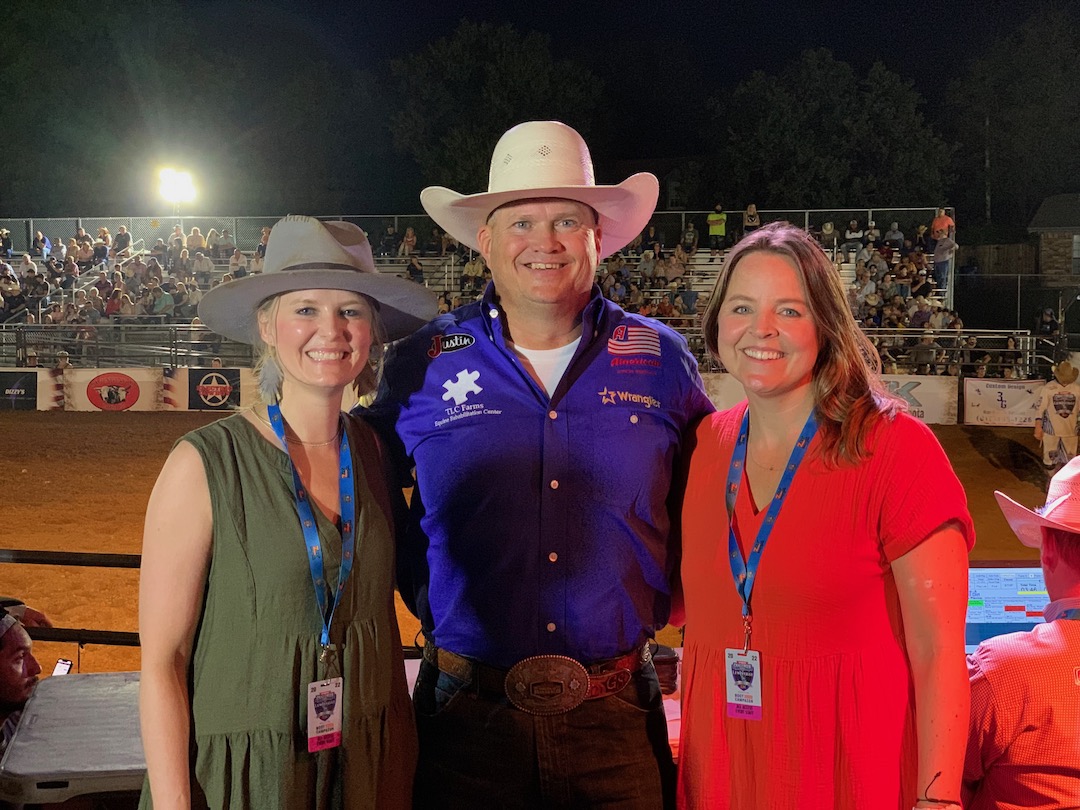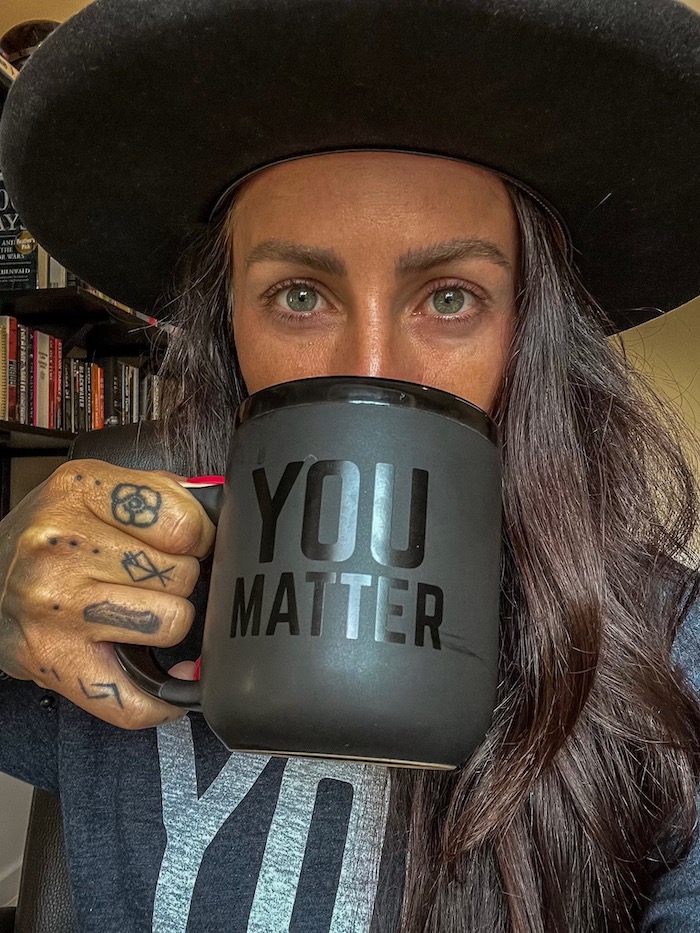Will You Do It?

In 2011, I was helping to lead recruitment for two Department of Defense funded studies to address brain injury and post traumatic stress disorder in military veterans. Through the course of that effort, I met several post 9/11 veterans who — while I was studying at Vanderbilt University or enjoying life as a recent college grad in Washington, D.C. — were deployed on the front lines, protecting my freedoms, in the wars in Iraq and Afghanistan and other key locations around the world.
They returned home different than when they left. Some scarred physically; some scarred morally; some scarred mentally. All were certainly changed. And my encounters with them, in turn, changed me.
Those veterans would often visit my office, stopping by just to say hello, and then linger… and sometimes, I’d ask them, “Will you do it? Will you ask for help for your health?”
Six years later one of those veterans reversed the roles, asking me, “Will you do it? Will you consider taking the helm of Boot Campaign?”
And here I am 1,096 days into my “yes.”
Over the last decade, Boot Campaign has adapted to address the most pressing needs of the veteran military community: To help heal invisible, and, often, hidden wounds of war. And with the outbreak of COVID-19, we are still hard at work providing virtual programs.
Military families are some of the most deserving, and according to the Bob Woodruff Foundation’s most recent white paper, they are also some of the most at risk to experience negative effects from COVID-19. Transitioning veterans and older veterans will be amongst the most vulnerable groups impacted by the COVID-19 pandemic because, as written in the white paper, it creates at least three conditions (emergent trauma, loneliness due to social isolation, and unplanned job or wage loss) that could culminate in a “perfect storm,” threatening the mental and emotional health of many veterans and their families. Veterans who are also struggling with Traumatic Brain Injury (TBI) and Posttraumatic Stress Disorder (PTSD) are also particularly susceptible to negative outcomes due to COVID-19 as well as military families as a whole. The added stress COVID-19 has placed on military caregivers is evident as they struggle to juggle demands of full-time caregiving, homeschooling children and family/home management.
Boot Campaign’s clinical team has seen and heard firsthand how these adverse effects have intensified in recent weeks. Our focus is to mitigate the health challenges these veteran families face, including heightened stress levels, debilitating anxiety, chronic pain, and depression; reduced cognitive function; fatigue and burnout; and immunity and hormonal issues, through wholly virtual programs. A donation of $100 provides one hour of programming to a veteran or military spouse in need.
It is okay to not be okay, to raise your hand and ask for help. I myself have struggled with increased anxiety, restlessness and heightened stress over the course of the last month. Following these tips by Boot Campaign’s health and wellness program director, Dr. Jenny Howland, has helped.
These last three years have taken soul searching, overcoming fear of failure, consistent curiosity, non-stop learning, persistent pruning and capitalizing on collaborations. With gratitude to an incredible staff, knowledgeable board of directors and committed partners, I’ve grown and so has Boot Campaign.
Since 2017, I’ve had the privilege to help lead Boot Campaign’s mission to unite Americans to honor and restore the lives of veterans and military families through individualized, life-improving programs. My passion and my purpose has turned into a professional career to serve those who have served us first. As today I reflect on my three year anniversary and the start of Mental Health Awareness Month, it’s my turn to ask you, “Will you do it? Will you lace up your boots, join our ranks and commit to giving back to veteran and military families who need care the most?”
